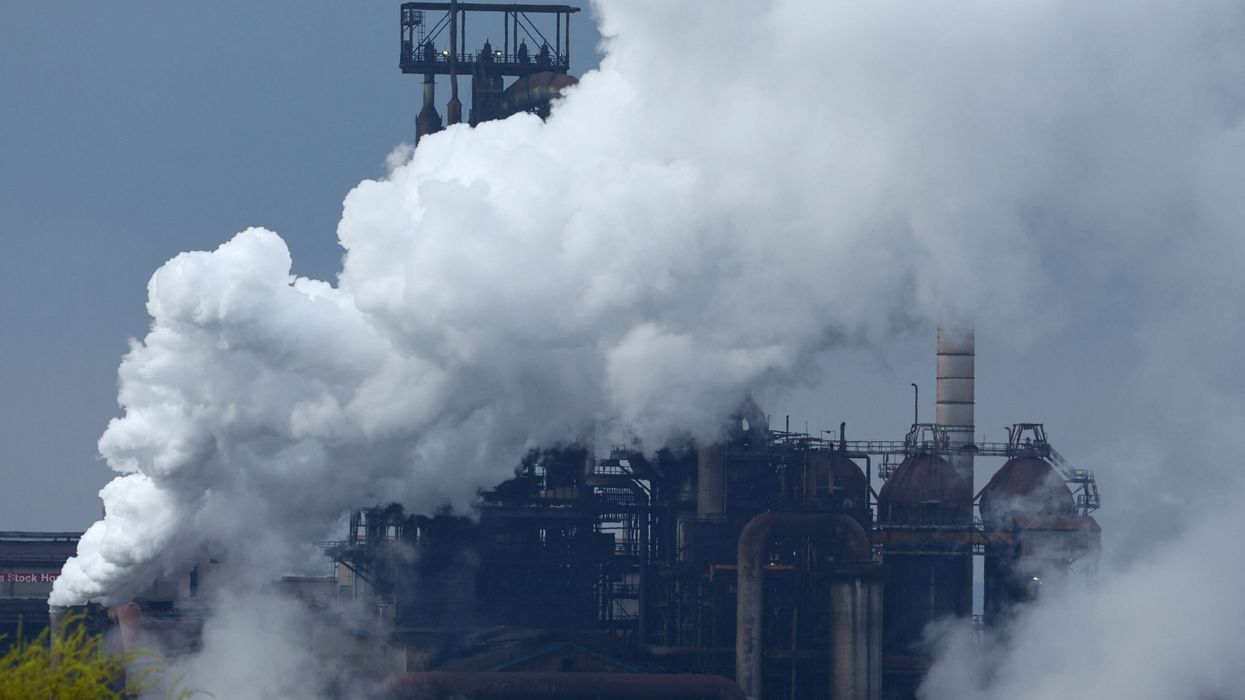AROUND 1,500 Tata Steel workers in Britain will begin an indefinite strike from July 8 over the company's plans to close two blast furnaces and cut up to 2,800 jobs, the trade union Unite said on Friday (21).
The strike action, described by Unite as the first strikes by British steel workers in 40 years, will take place at Tata's Port Talbot and Llanwern sites in Wales.
The closures were announced in January as part of the Indian company's plan to turn around its loss-making UK business by switching to lower carbon electric arc furnaces, a proposal backed by £500 million ($632m) of government money.
"Tata’s workers are not just fighting for their jobs - they are fighting for the future of their communities and the future of steel in Wales," Unite general secretary Sharon Graham said.
Earlier this month, Tata Steel CEO T V Narendran said that about 2,500 workers will lose their jobs as part of the company's 'transition'.
India-based Tata Steel owns the UK’s largest steelworks of three million tonne per annum (MTPA) at Port Talbot in South Wales and employs around 8,000 people across its operations in the country.
As part of its decarbonisation plan, the company is swapping its blast furnace (BF) for a low-emission electric arc furnace (EAF), which is nearing the end of its lifecycle.
In September 2023, Tata Steel and the UK government agreed on a joint investment plan of £1.25 billion to execute decarbonisation plans at the Port Talbot plant. Of the £1.25bn, £500 million was provided by the UK government.
(Agencies)





